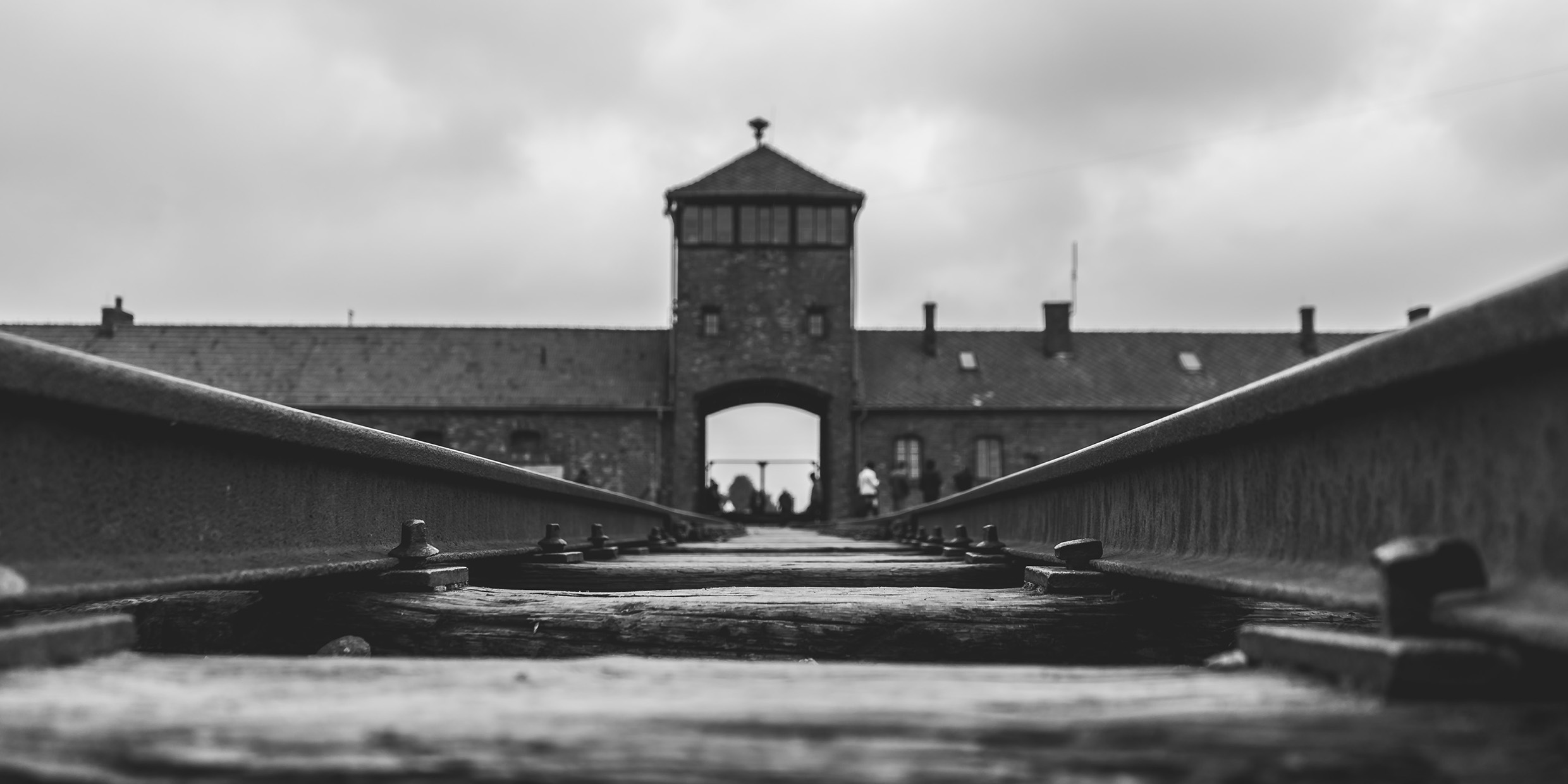Originally published 24 June 2003
Few working scientists, other than physicians, have achieved Primo Levi’s degree of literary acclaim. Had he lived longer — he died in 1987 at age 67, an apparent suicide — he might have won the Nobel Prize for literature.
Levi was a chemist, but his desire to write was irresistible. An almost lifelong resident of Turin, Italy, he soared to prominence in America with the publication in 1984 of The Periodic Table, an episodic memoir hung on a metaphorical framework of the chemical elements. Soon his other works — poetry, fiction, and nonfiction — were widely read in English translation.
Levi was admired by readers for his literary craft; he was also much loved for his reticence, his honesty, his gentle but devastating critique of human behavior. He was a man who left the orderly solitude of his laboratory with reluctance and was never comfortable with fame.
In The Double Bond, her recent biography of Levi, Carole Angier gives us insight into his motivations as both scientist and writer. Her account is a lesson, too, in the relation between science and art.
As a boy growing up in Italy between the two World Wars, Levi was delicate, painfully shy, lonely, and sensitive. His closest friend and confidant was his sister, Anna Maria. His parents were Jewish, but only nominally religious. His father, especially, championed the European Enlightenment rather than the ancient faith.
From an early age, Levi was inventive and curious, qualities that served him well as a scientist. He read voraciously, works of both science and literature, but he dreamed only of being a scientist.
The humanities dominated Italian schools at that time, but Levi resisted their pull, perhaps because of the rise of fascism he saw all around him. Philosophy, history, and literature were subjects that could be distorted by ideology, he thought; they were tangles of rhetoric and lies. He recoiled from schoolroom lectures on abstract philosophy, preferring instead a close examination of the world around him.
He watched buds swell in spring, mica glint in granite, the skin of his own hands, and said to himself, “I will understand everything, but not the way they want me to. I will find a shortcut. I will pick the lock; I will force open the doors.”
As Angier states, his shortcut, his lock-pick, would be science.
But life had a surprise in store for the eager young chemist.
On the morning of February 22, 1944, “all reason dissolved,” Levi wrote later, after 650 Jews held at an internment camp at Fossoli in Italy were herded into cattle-cars by German SS troops and taken to Auschwitz. Primo Levi, 24, was among them.
Of the hell that followed, there is no more moving account than Levi’s Survival in Auschwitz. That he lived to tell the story was a matter of friendship, luck, and sheer grit. Curiously, a certain scientific detachment may have helped him stay sane in the camp when others succumbed to madness.
When Levi returned to Turin after the Russians liberated Auschwitz, he began to tell his story to his family and friends, even to strangers he met on the train. As Angier wrote, “He had found his task for the rest of his life.”
Science provided Levi with a rich stock of literary metaphors, but science was of no use for explaining the extremes of evil and heroism he had witnessed at Auschwitz. Nothing he had learned in chemistry could force the doors of understanding. There were no shortcuts, no lock-picks.
With literature, he nibbled away at the mystery, never surrendering his allegiance to reason. As a scientist, he was a disciple of Mendeleev, the great Russian chemist who devised the periodic table of the elements, that splendid monument to order. As a writer, he followed Dostoevsky into the tangled labyrinth of the human heart.
Philosophy, history, and literature, it turned out, had relevance after all. Angier wrote: “Primo Levi always tried to remain on the cool, bright plain of his rational mind, and to avoid the abyss beneath. But the longer he tried, the more the ghosts and dark visions grew.”
In the end, they took his life.



